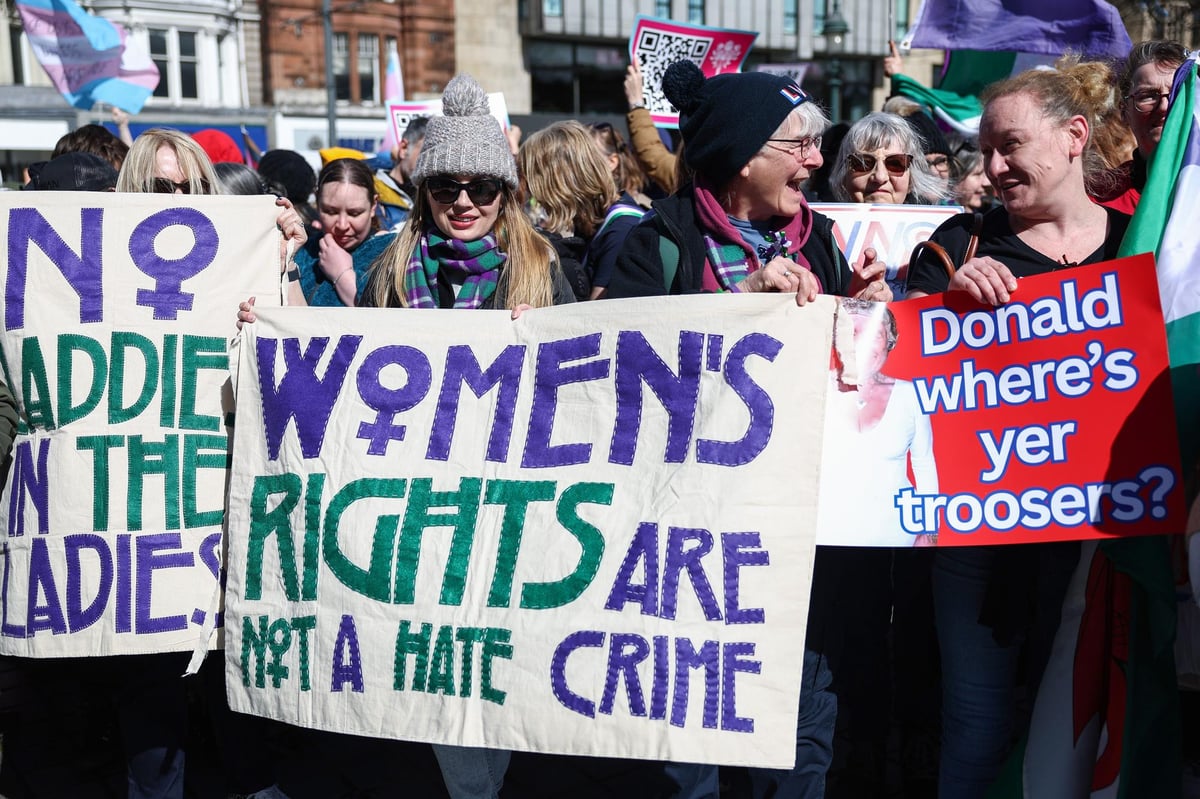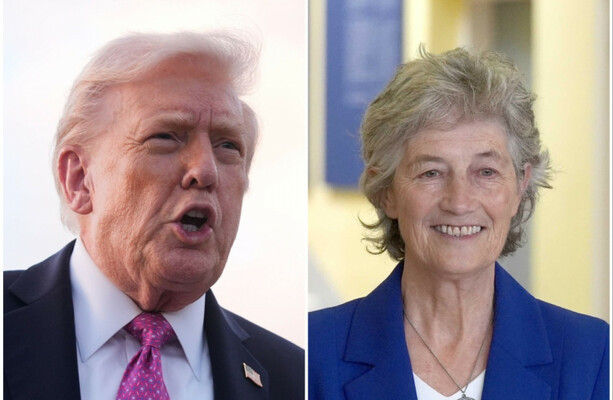Copyright scotsman

What are – or should be – the limits on freedom of speech? Where lies the line that must not be crossed? Should it be moved? Erased? For a long time, it seemed there was political consensus on this matter. Combatants from across the spectrum would parrot the old one about rejecting what an opponent said while defending to the death his right to say it. Privately, they might not all have agreed with the sentiment but it was understood that defence of the principle of freedom of speech – that all was fair unless it was defamatory, threatening or misleading – was a fundamental part of their duties as parliamentarians. Without it, democracy would suffocate and die. I’m no longer confident politicians – specifically those of the centre left who currently run things at both Westminster and Holyrood – understand the importance of freedom of speech or care about its defence. Over the last decade, the left has ceded ground on this issue to the right. A culture of “no platforming”, where those holding valid but, somehow, controversial opinions are excluded from debates, spread across universities and infected trade unions and parties of the left. At the same time, the concept of intersectionality – where the world is viewed through a framework which identifies areas of privilege across class, race, and sex – became increasingly popular with influential young activists. However, rather than simply trying to use the ideas of intersectionality to understand the world, they repeatedly used its concepts to excuse, argue away, or ignore the indefensible and to silence critics based on their identities rather than their arguments, All of the above means that, today, the political left defends an utterly incoherent post-modern interpretation of freedom of speech which is full of contradictions. Many SNP and Labour activists currently believe, for example, that they should have the legal right to call for the deaths of members of the Israeli Defence Force while others should be criminalised for stating that women do not have penises. When women have been hounded out of jobs for expressing their legally-protected view that trans-identifying men are not women, too many left-wing politicians have looked the other way. When the free speech line has been crossed by pro-Palestine activists – take the horrifying incident last week when a class being run by Israeli professor and former IDF conscript Michael Ben-Gad at the University of London, was disrupted by masked thugs who branded him a terrorist then threatened to behead him – that same refusal to see a problem has been bleakly apparent. There are organisations doing solid work, right now, on defending the principle of freedom of speech in the face of complacency – even hostility – from those in power in London and Edinburgh. The Free Speech Union – founded in 2020 by the journalist and now Conservative peer Toby Young – has defended individuals from a plurality of political traditions and none and has lobbied against government erasure of the rights of the individual. The Academy of Ideas – headed up by the libertarian peer Claire Fox – campaigns for freedom of speech through events such as its annual Battle of Ideas festival. This year’s festival took place in London last weekend, when platforms were offered to guests from left, right, and centre and important discussions about the need to defend free speech, and how this can be achieved, took place. Both the Free Speech Union and The Academy of Ideas have their critics on the political left. They are dismissed as illegitimate or unreliable organisations because of those who run them. Of course, those who do not share the political ideologies of Young or Fox should be sceptical about the nature of their campaigns. They should examine whether hidden agendas may exist. This is simple common sense. But analysis is not enough. Where are the organisations from the left that truly believe in the rights of others to say whatever they please, however disagreeable it may be? Where are the Labour and SNP politicians defending the right of women to speak the truth? The reality is that the most credible, committed, and – perhaps most crucially of all – visible defenders of freedom of speech are, currently, from the political right. Ah, says the quick-witted leftie, but you can’t trust the right wing. The penny remains suspended in the air, an inch from the ground. The modern left cannot seem to see that by abandoning the battlefield on free speech, they not only give credibility to those they oppose, such as Young and Fox, they hand ownership of the principle to them. And that seems remarkably naive to me. I fully support the campaigns to protect free speech being run by the FSU and the Academy of Ideas. I applaud their organisation of events that see thinkers who’ve been no-platformed elsewhere given the chance to share their opinions. But I no more trust Young or Fox with the guardianship of free speech than I would any other political figure from the populist right. Or left, for that matter. The past political consensus on free speech was, to some degree, a matter of playing by the rules. What was good for one was good for all. But the principle did not endure thanks, merely, to good sportsmanship. Rather, political tension was always crucial to the protection of freedom of speech and expression. Neither the SNP nor Labour is currently seriously engaged in ensuring any kind of balance is struck. The right now owns the issue of free speech and that makes the very principle, itself, vulnerable. It's another triumph for a modern political left running high on righteousness and all out of common sense.



